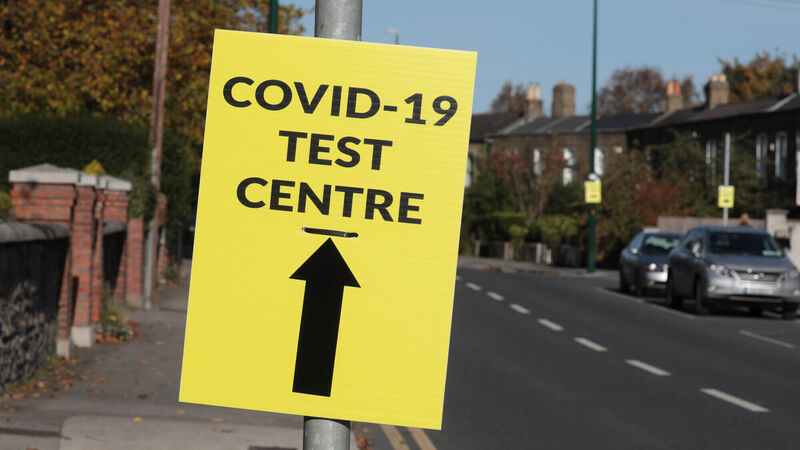Edgar Morgenroth: Covid-19 decisions don't count true costs

Covid restriction choices may work in the short-term, but could have long-lasting costs
Moving to Level-5 restrictions throughout the country constitutes a failure of the approach used to control the pandemic.
It comes with significant economic and wider societal costs. In particular, it compounds the impact on businesses that had already suffered more during the first ‘lockdown’.











